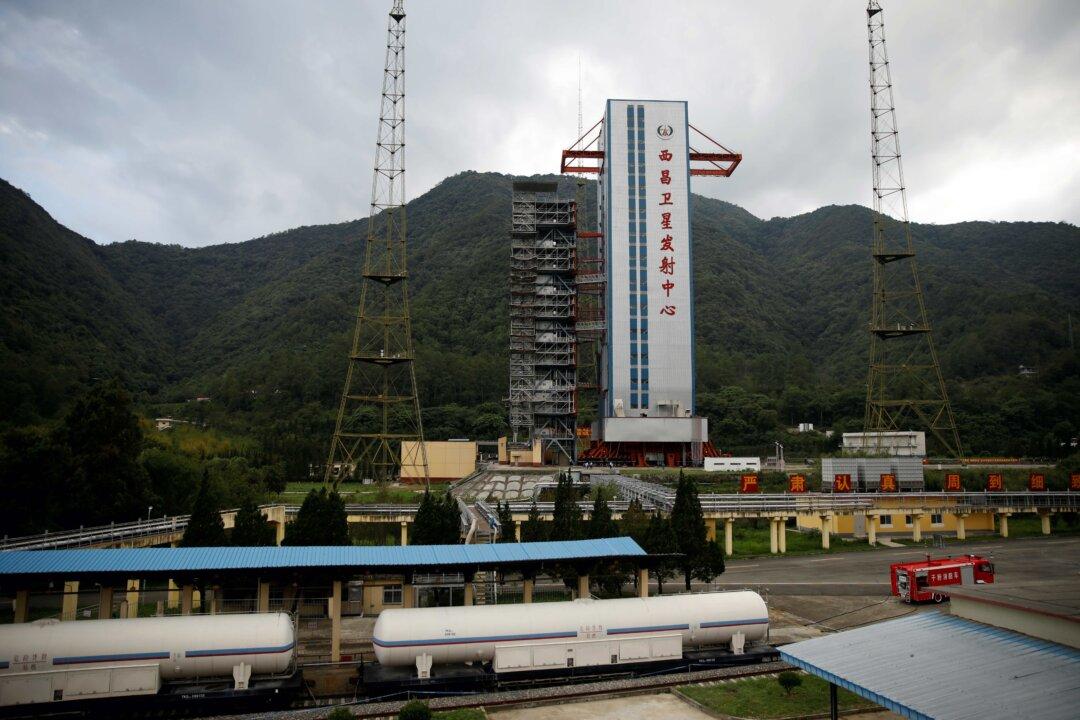BEIJING—China indefinitely postponed on Tuesday the launch of the final satellite of its Beidou navigation network because of technical problems in the rocket meant to launch it into orbit.
The official website for the Beidou network said in a statement that problems were detected during pre-launch tests of the Long March-3B booster and that the new launch date would be determined later. It did not offer specifics on the problems or the launch date.





